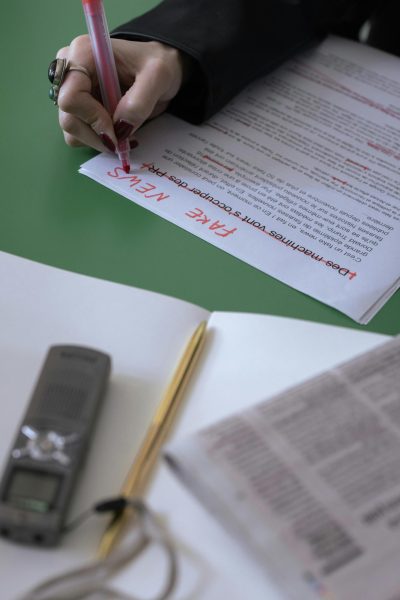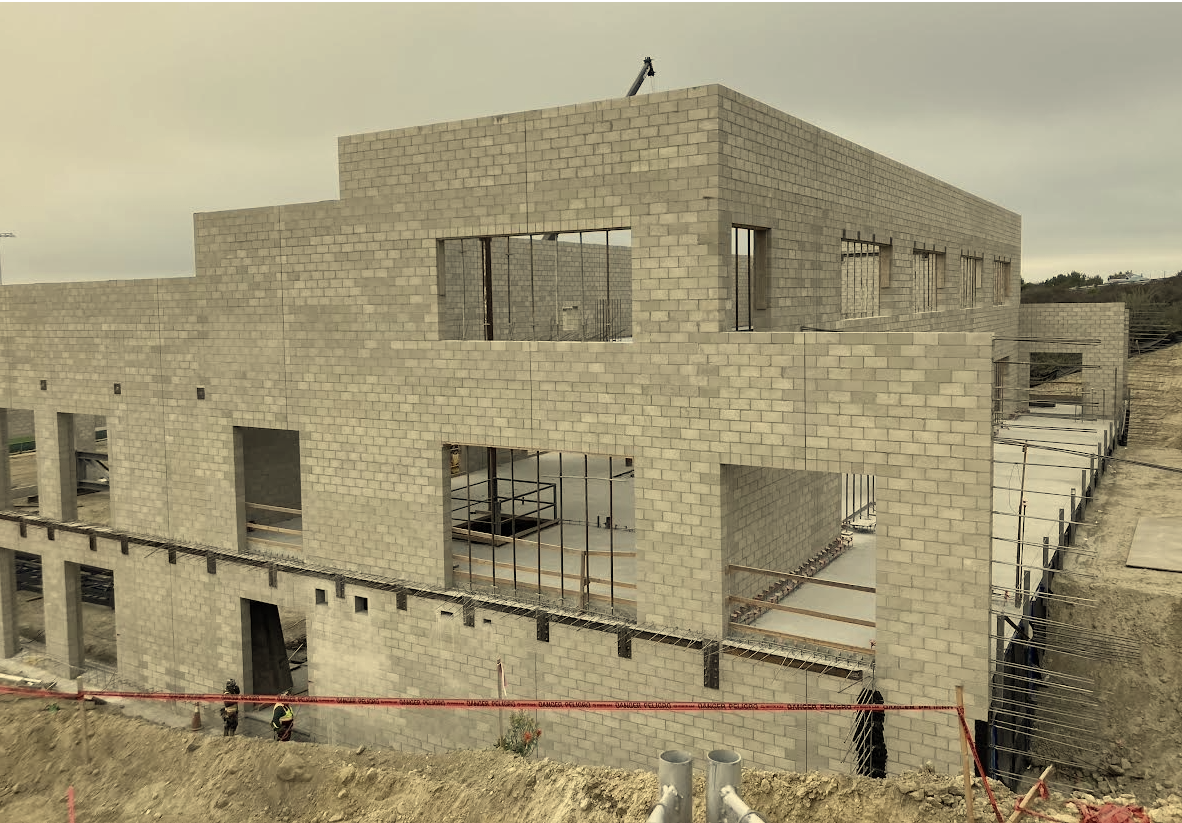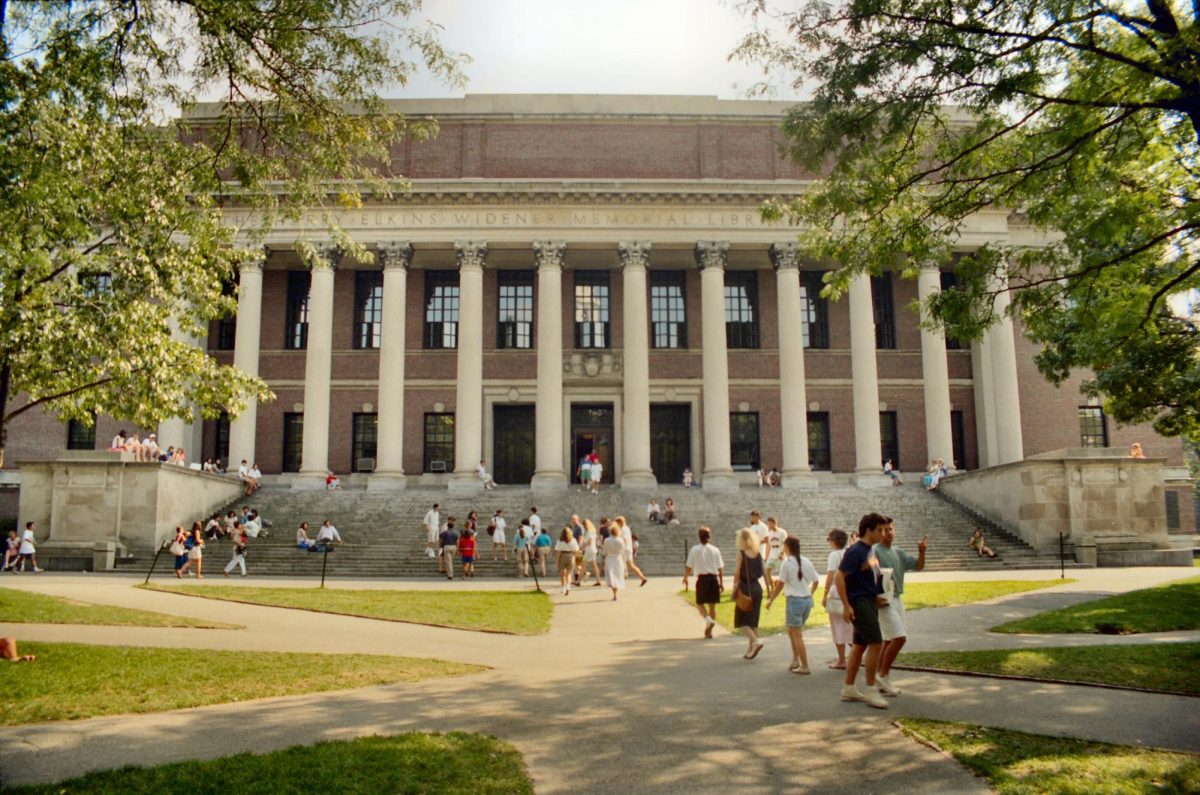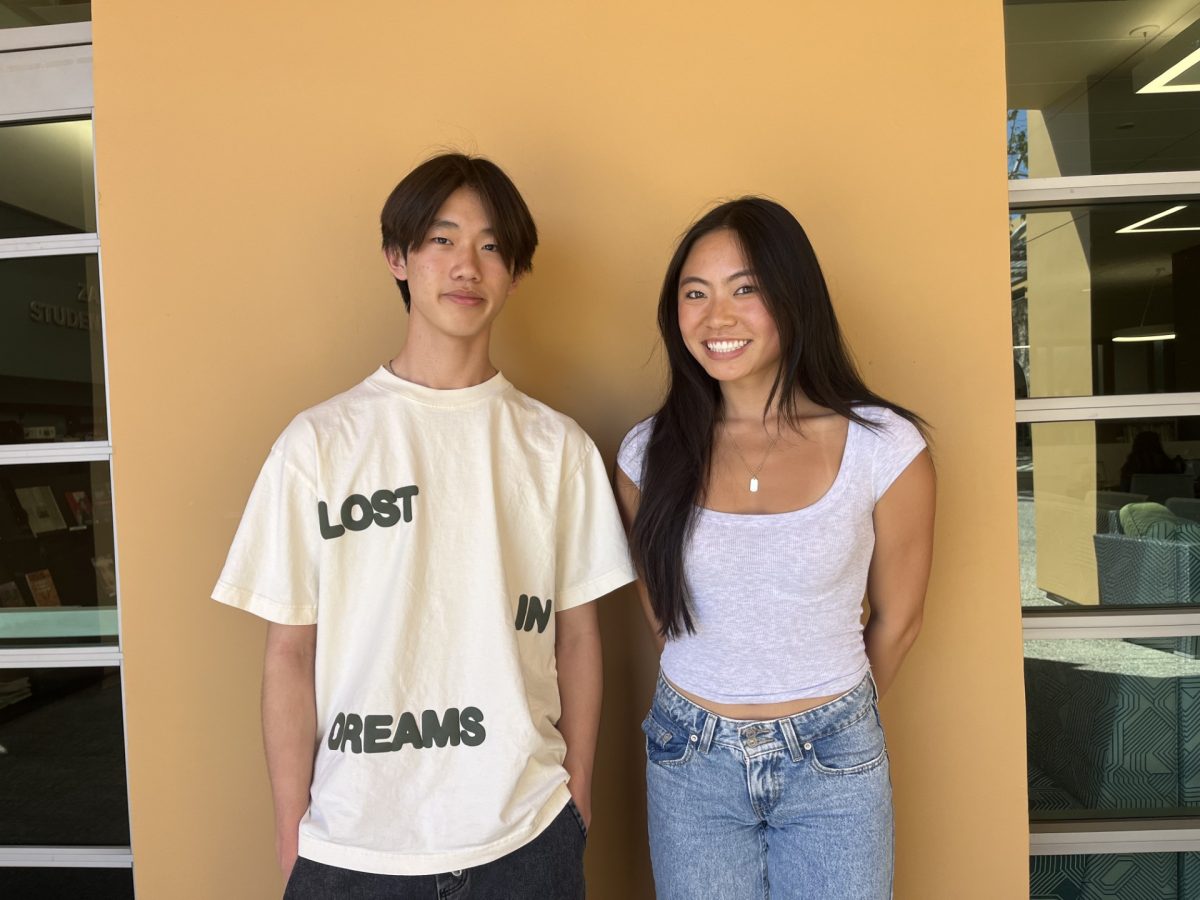
California public schools are now required to teach students media literacy skills amid the explosive spike in fake news generated by AI.
Instead of a stand-alone class, media literacy will be incorporated into existing classes and lessons throughout the school year. As a private school, Sage Hill can implement its own structure for how it will follow this trend.
Media literacy is the ability to analytically think through the information provided by others and determine its credibility.
The National Center for State Courts states that “64% of adults said ‘fake news’ caused confusion on basic facts, and 23% said they had shared ‘fake news,’ either knowingly or unknowingly.”
Fake news created by AI or untrustworthy media easily spreads. Without proper education, it can influence the perspectives of students. Only 20 states in the U.S. have media literacy incorporated into their state curriculum.
AB 873 was first proposed by Assemblymember Marc Berman (D-Palo Alto), citing the overwhelming amount of misinformation online. Newsom signed the law in October 2023, agreeing that action needs to be taken to educate students on media literacy.
Sage Hill has already integrated media literacy into the classroom and through some wellness activities held throughout the school year.
“The foundation of [media literacy] is critical thinking,” said Dr. Matt Balossi, Assistant Head of School for Academics.
According to Dr. Balossi, teachers are constantly asking students to observe and evaluate the documents they are handed and statements made by classmates.
To him, without media literacy, everybody would all possess different perceptions of real versus fake information.
“It’s important to know what’s persuasion versus what’s information,” Dr. Balossi said.
Media literacy also applies to our everyday actions and conversations through social media. This repeated action of fact-checking and verification of the reliability of information is a form of media literacy.
False information has been spread through disinformation, biased media, AI-generated responses that aren’t fact-checked, AI fake images, and misinformation through messages and in-person conversations.
“By asking questions about the purpose of media and the points of view it reflects, students become more responsible consumers and even creators of media themselves,” said Ms. Gould, Sage’s librarian who also previously held digital citizenship workshops.




